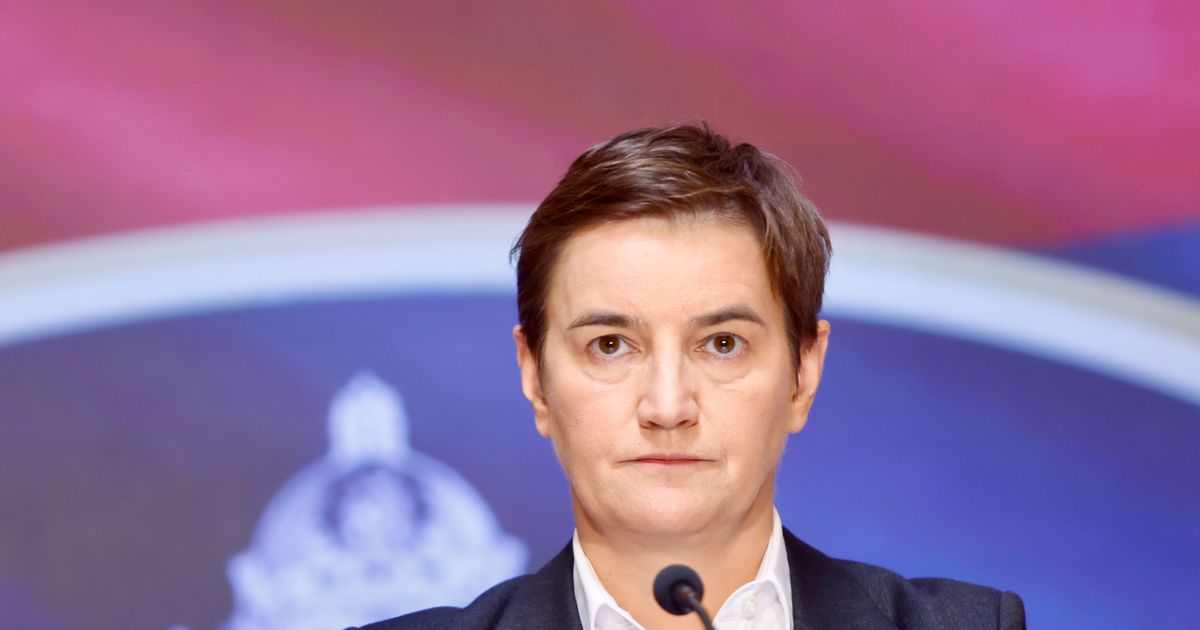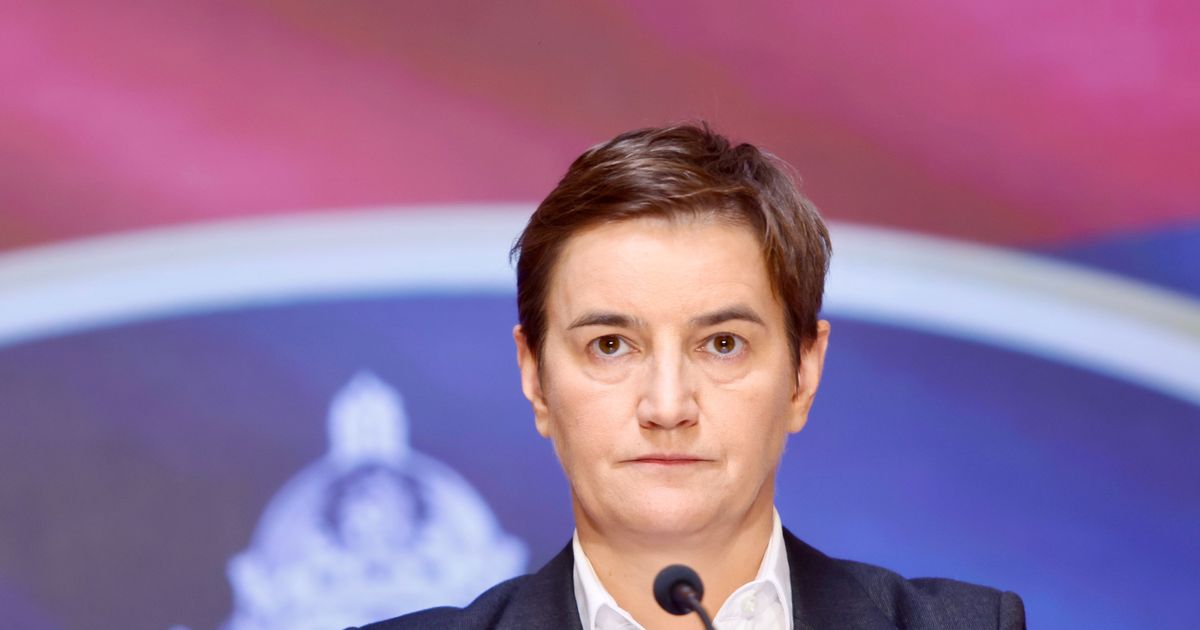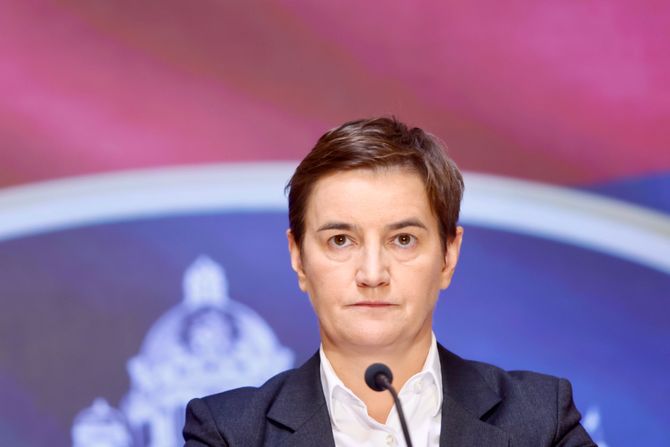The Speaker of the National Assembly, Ana Brnabić, stated that by adopting three media laws, Serbia will obtain legislation fully aligned with European Union standards, marking an important step towards opening Cluster 3 in the EU integration process. The harmonization process with the European Commission lasted seven months and involved consultations with media and journalist associations. Brnabić emphasized that the work will not end with the adoption of the laws but will continue to improve legislation in line with European acts. She also highlighted the importance of selecting quality members for the REM Council and announced that candidates will be discussed at the National Assembly session. Previously, electoral law amendments were made in accordance with ODIHR recommendations, and after adopting the media laws, the priority will be the successful completion of the REM Council member selection process and amendments to the law on the unified voter list.
Political Perspectives:
Left: Left-leaning sources emphasize the importance of media reforms as a step towards democratization and transparency in Serbia. They highlight the need for independent media regulation and the role of civil society in monitoring the implementation of these laws. The narrative often includes concerns about political influence over media and stresses the importance of aligning with EU standards to improve media freedom.
Center: Center-leaning sources report the adoption of the media laws as a positive and necessary step for Serbia’s EU integration process. They focus on the technical aspects of the legislative process, the consultations with European institutions, and the expected benefits of harmonizing Serbian media laws with EU standards. The narrative is balanced, acknowledging challenges but optimistic about progress.
Right: Right-leaning sources tend to emphasize the sovereignty of Serbia in implementing reforms and may express skepticism about external pressures from the EU. They highlight the government’s efforts to modernize legislation while maintaining national interests. The narrative may downplay criticisms from opposition or civil society and focus on the professionalism of candidates for media regulatory bodies.











